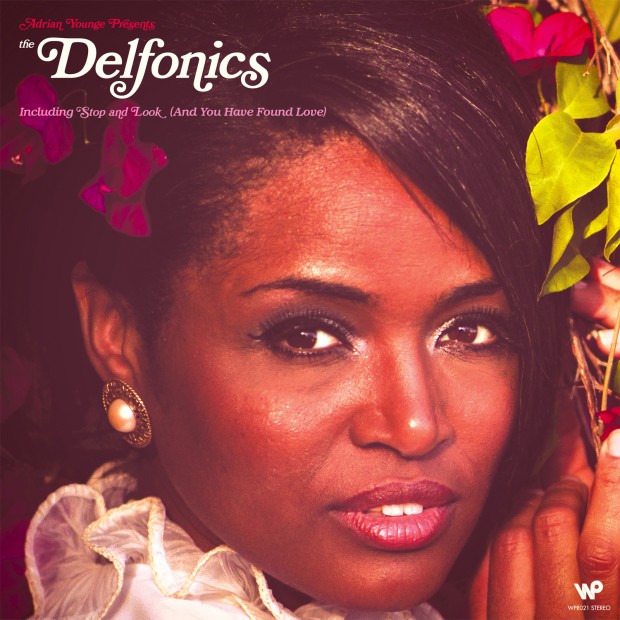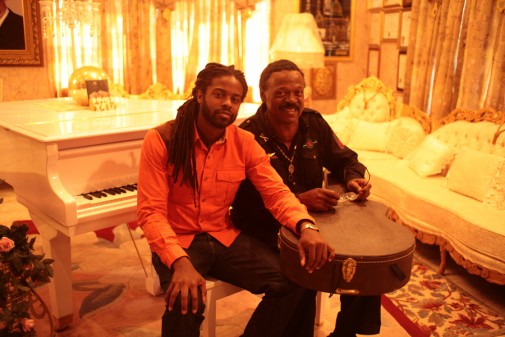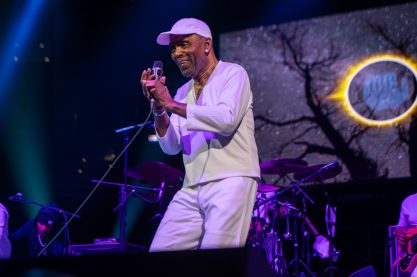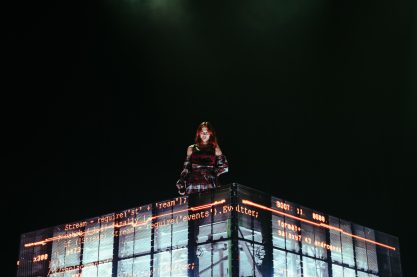Music
REVIEW: Adrian Younge - Adrian Younge Presents The Delfonics
This project sounded like a good idea at first. But then again, a lot of things sound like a good idea, like when you bought that Chrysler Sebring back in the early millennium. On one end of the collaboration is writer, producer, multi-instrumentalist, Adrian Younge. The hip-hop and film music influenced Younge is paired with Delfonics lead singer William Hart. A hip-hop multi-instrumentalist with retro leanings combined with a soulful falsetto late1960s/1970s singer should be magical. But it is not.
The Delfonics, at their best, are soulful and breezy; maybe even containing some light rock and easy listening influences. Younge's most famous works are the Black Dynamite soundtrack and Ghostface Killah's Twelve Reasons to Die. Younge and Hart wrote thirteen original tracks for the album. So, one would think the album will have a hip-hop energy filled with substantive soul sounds and melodies. Well, it doesn't.
Younge's production clashed with William Hart's falsetto vocals. What the album sounds like is faux late 60's/early 70's soul with hip-hop influence. These underlying hip-hop influenced tracks create almost an anti-melody backdrop to Hart's falsetto. "Stop and Look" is a promising start, combines grooves and smoothness with Hart's vocals. Other highlights include "So In Love With You" and "Party's Over," which are reminiscent of the Delfonics' best late 1960s/early 1970s moments. The album concludes with "Life Never Ends," a reflective and semi-melancholy ballad. The album's other tracks are simply unmemorable. They are not bad or awful, but nothing stands out. Throughout most of the album, Younge's nostalgic movie soundtrack and psychedelic soul influences and slight hip-hop influence (on this album) seem to be competing with Hart's falsetto vocals. Though I am sure it was not Hart's or Younge's intentions, the music and the vocals on the majority of the album do not mesh. Younge seem to be overwhelmed by his influences, and completely ignored the Delfonics' greatest strength -- creating very easy to like soul music with a heavy pop feel. Instead, Younge created an artsy clunky record that is difficult on the ears, and only hipsters and wannabe intellectuals who want to show off their underground soul music knowledge could love.






